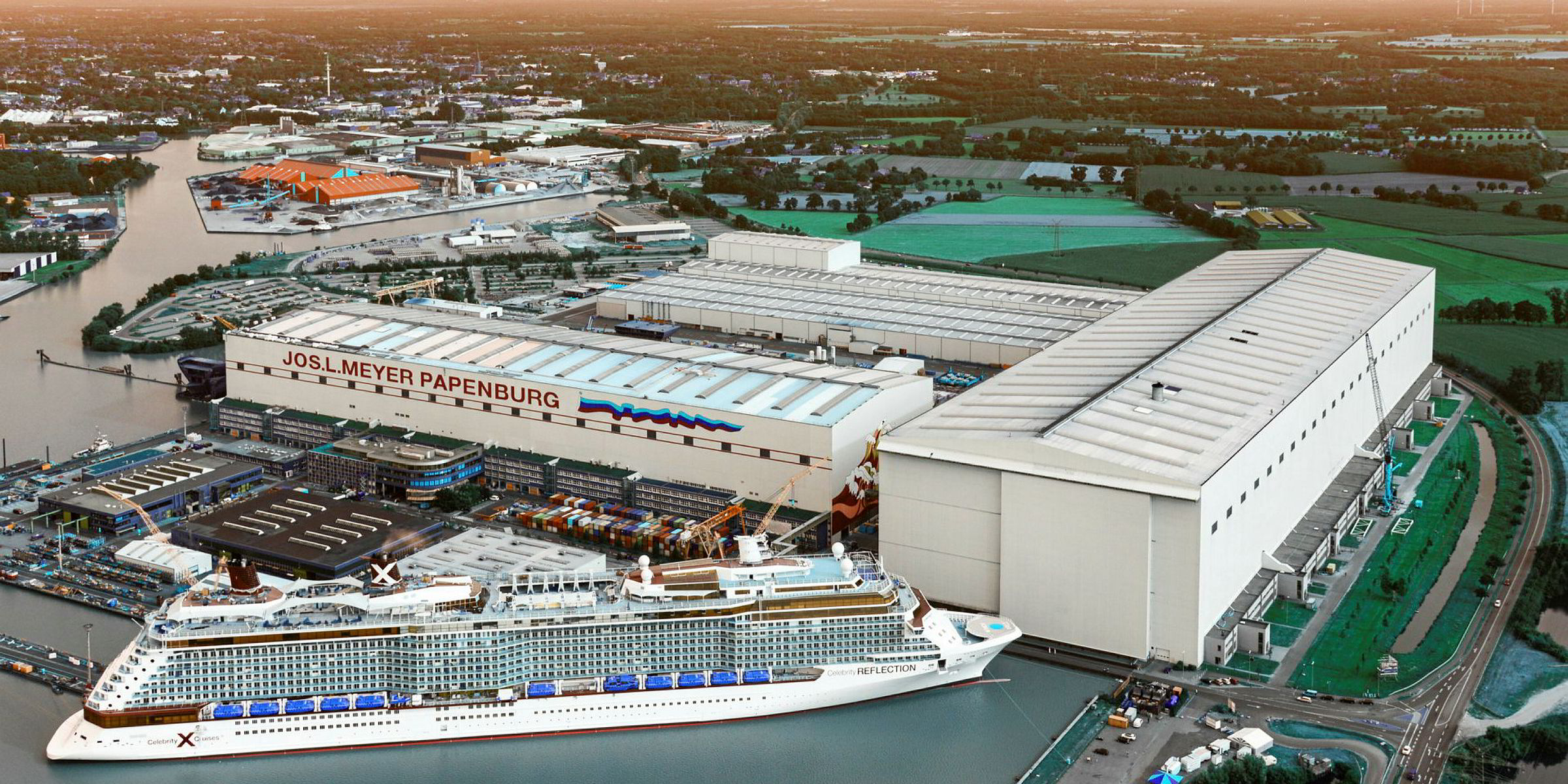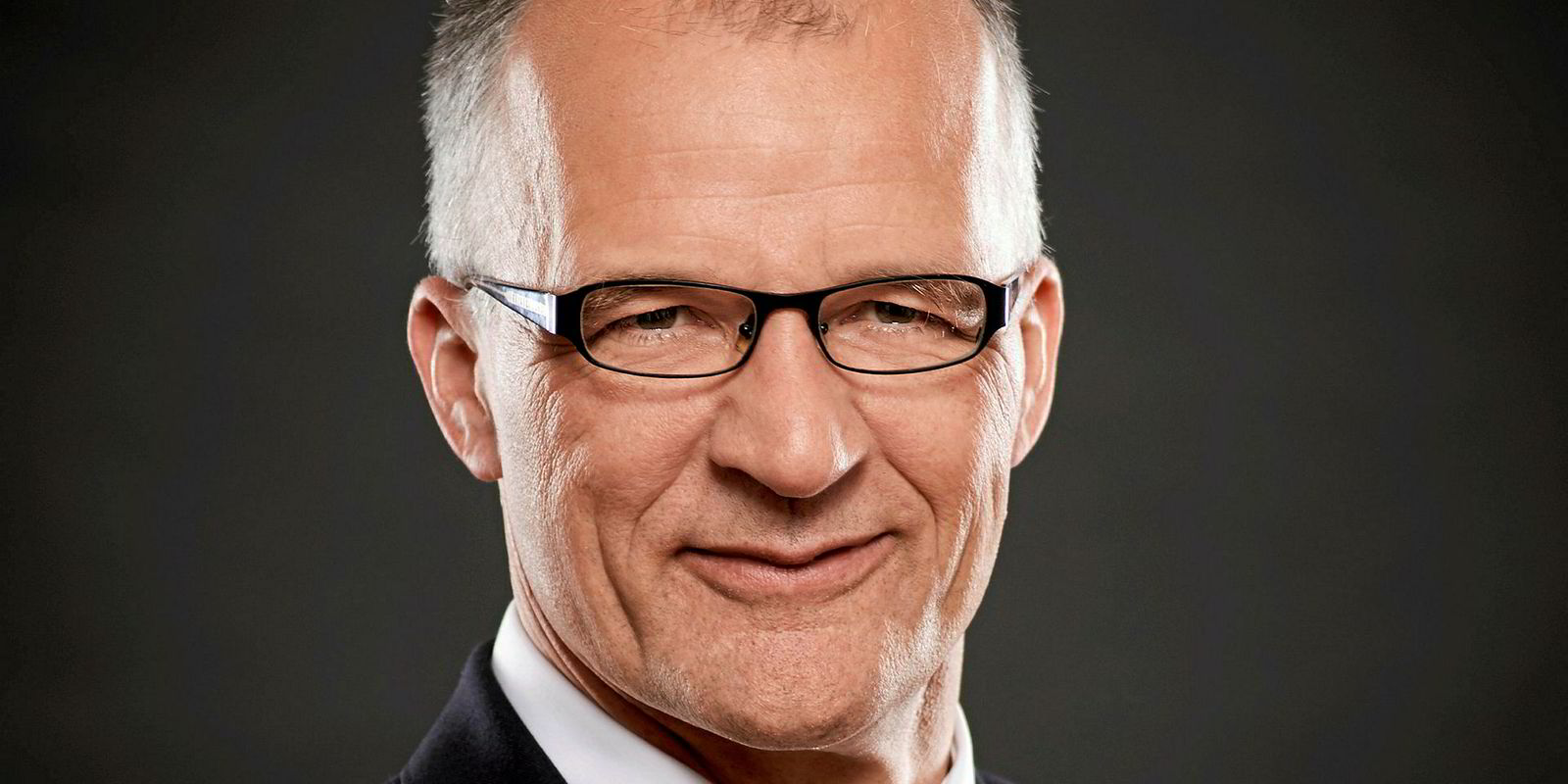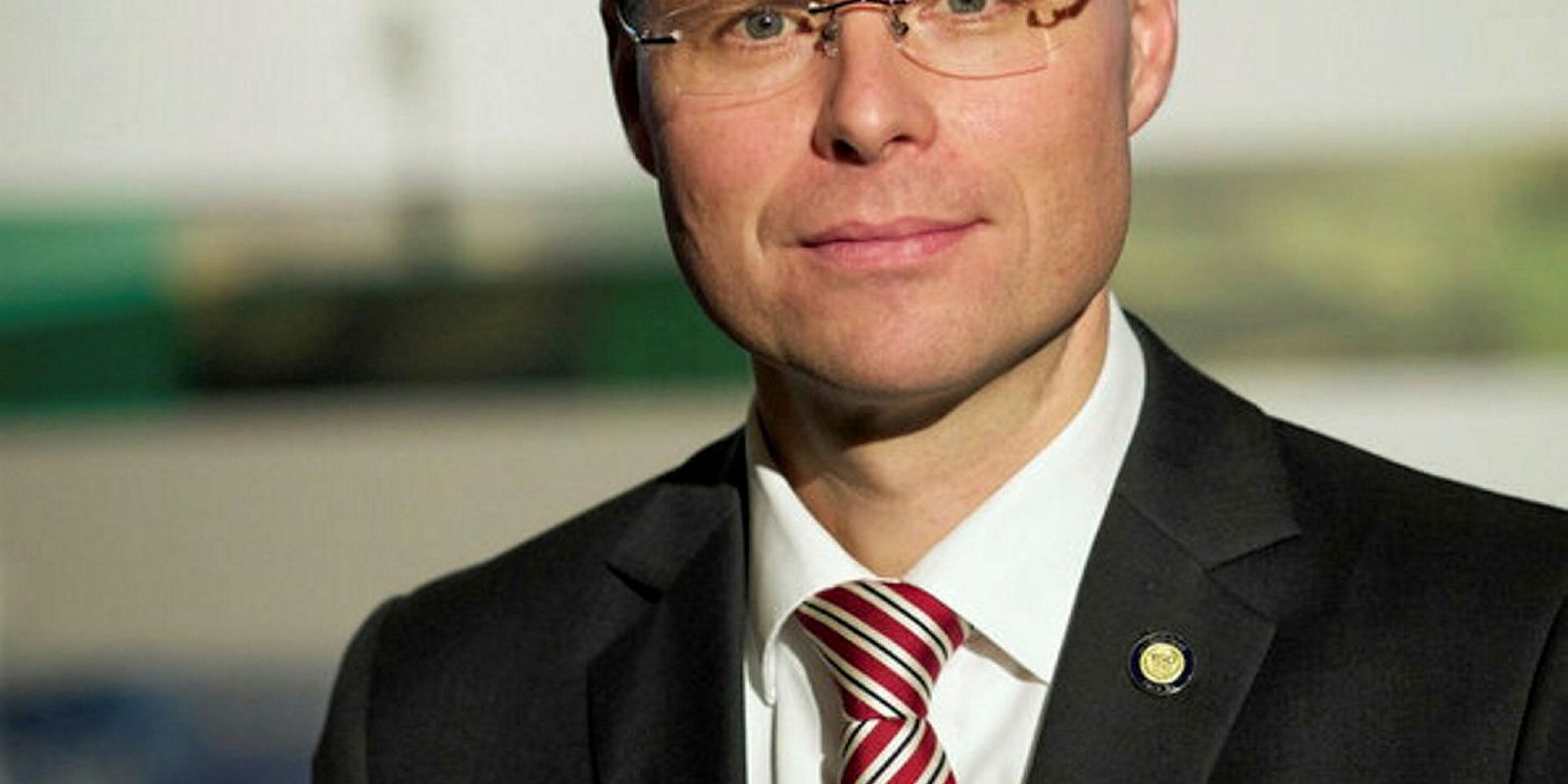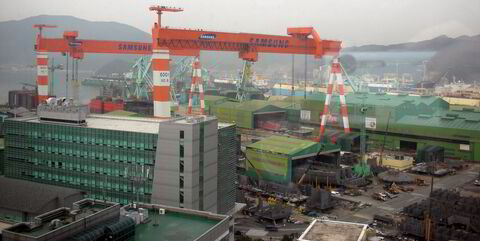German shipyards are riding high on the crest of a cruiseship building boom but it is an industry that has undergone some traumatic times and is well aware of the challenges that may lie ahead — especially from China.
Federal statistics show the yards employ around 18,000 people, although that is only a fraction of the real total whose livelihoods depend on the industry.
Many of them are employed by Meyer Werft in Papenburg, the country’s most successful shipbuilder with orders — including its sister yard in Turku, Finland — for around 20 large cruiseships.
German shipyard employment numbers have continued to rise, albeit marginally, in recent years, and might increase further given that MV Werften in eastern Germany — acquired by Hong Kong’s Genting — is recruiting as it gears up to build several cruiseships for its parent.
In May last year, the German Shipbuilding and Ocean Industries Association (VSM) said a record number of merchant vessel orders had been received by German yards but warned of “significant future risks”.
VSM chief executive Reinhard Luken describes it as an “extraordinary” situation and does not believe further records will be broken in the foreseeable future.
One reason is that yards are often full, with orderbooks stretching as far as 2023 — as in the case of Meyer Werft’s delivery of a 135,000 gt Disney Cruise Line vessel. MV Werften’s orders run until 2022, when a 100,000-gt cruiseship for Crystal Cruises — a subsidiary of Genting Hong Kong — is scheduled for delivery.
Flensburger Schiffbau Gesellschaft (FSG) has also extended its orderbook well into 2020 with fresh orders, including from Irish Continental Group and Brittany Ferries. Further newbuildings are at the letter-of-intent stage.
But, as with Meyer Werft and MV Werften, FSG is reliant on a related niche sector — ropax and cruise ferries.
Although it shows that Germany is competitive in building such high-value tonnage, Luken insists “it should not blind us to the challenges”.
“Competition is getting tougher and tougher,” he says.
China has been successful in winning several European ferry orders and has stated its intention to break into the cruiseship market.
“We take this very seriously,” Luken says. "We are not arrogant and say we are so much better. We have to fight and work hard, be price competitive and be reliable partners.”
Although there is room for cooperation with China, Luken questions whether it will be a “long-lasting win-win” situation for Germany.
For example, many ship suppliers have ventured into China but he says “more and more we hear people are disappointed about the lasting of the relationship”.
“We want to engage in win-win but it has to be a lasting one,” he adds. “It should not be a couple of years and then you are dumped. When we talk about ‘threats’, that is basically what we mean.”
Luken says shipbuilding has to be based on a long-term approach, and it is no coincidence that Germany — like Norway and the Netherlands — has successful family companies with long-term strategies.
Not only is Germany home to the Meyer family’s Papenburg and Neptun Werft yards but also Lurssen and Fassmer Werft. Even in Japan, possibly the most successful shipbuilder is the family-owned Imabari group.
Having said that, Luken notes that the long-term approach of the Chinese state has been key to that country’s success.
Meanwhile, the VSM boss is keen to promote the German Maritime Export Initiative (GeMax), which is aimed at bringing together German ship machinery and equipment suppliers for shipbuilding, retrofitting or conversion projects outside of the country, coupled with long-term German export finance from KfW-IPEX Bank.
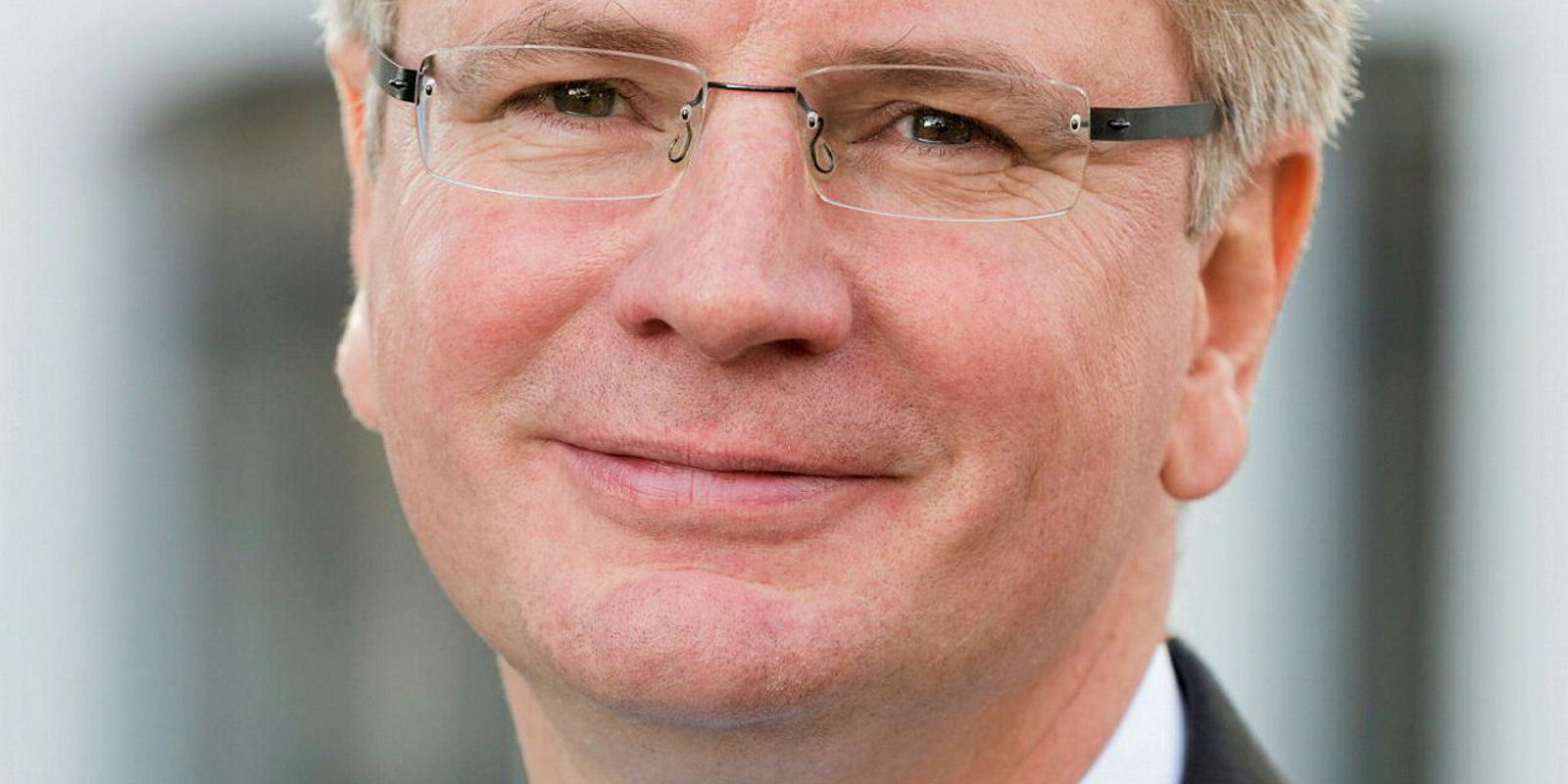
He tells TradeWinds that GeMax has closed three projects but details cannot be released until the involved owners agree.
"GeMax has proven that it works, and I have always said that once we have reference projects, the whole thing will get much more momentum,” Luken says.
Statistics from the German Engineering Federation (VDMA), which represents suppliers, last year showed turnover was still €11.1bn but maritime sector orders were declining.
It pointed to continuing weak demand from other countries and growing competition in global shipping markets. Some 78% of production is exported.
Luken says Germany remains at the forefront of technology, albeit an edge spread through a network of specialist companies, and stresses the importance of the SMM international trade fair in Hamburg later this year.
The shipbuilders’ association, in cooperation with VDMA and other industry partners including the shipowners’ association and ports, is helping to design a German Maritime Centre in Hamburg to encourage cooperation.
Luken says shipbuilders and owners have moved in different directions, including yards no longer constructing containerships and having little to offer the larger German owners.
“We should look more at how we can benefit better from each other’s competitive strengths," he says. "Hopefully, it will become a game changer.”
